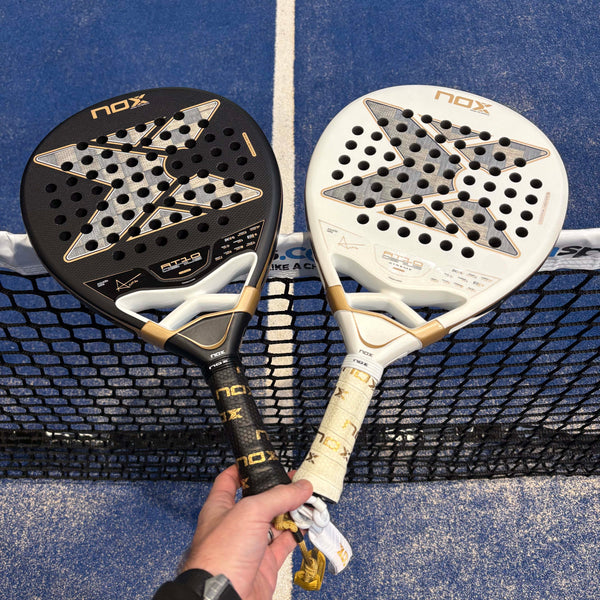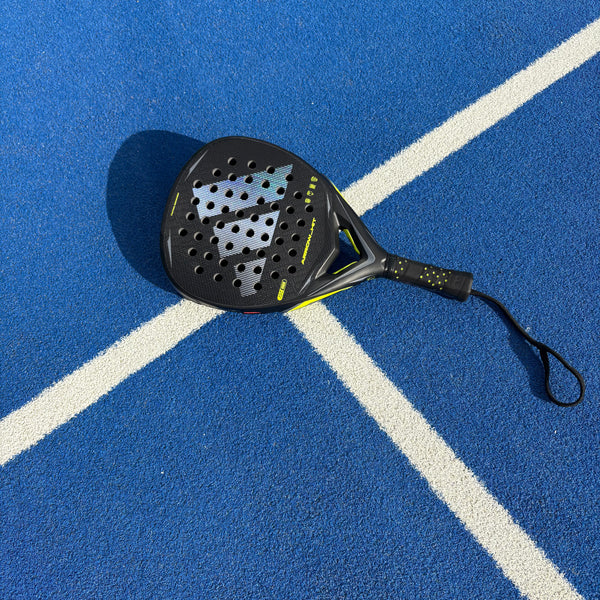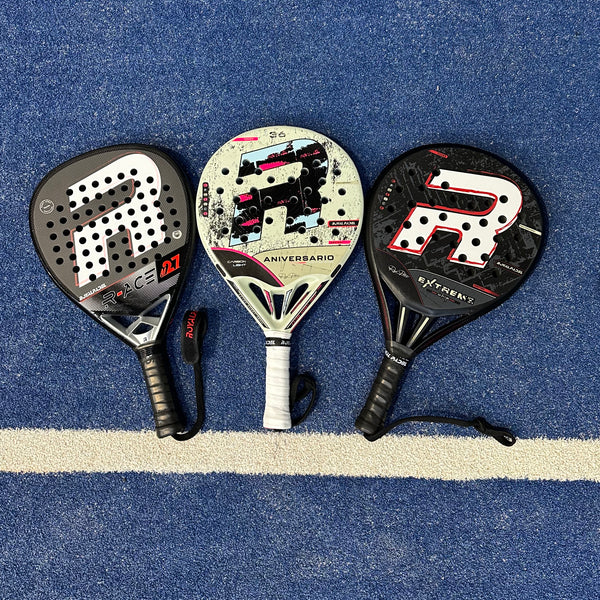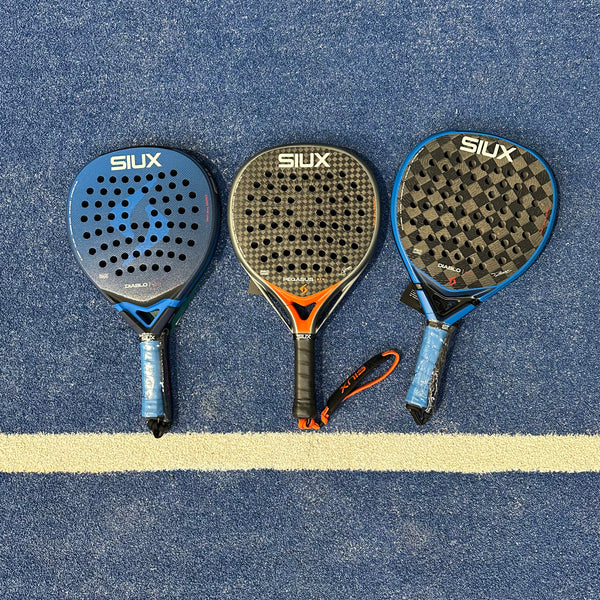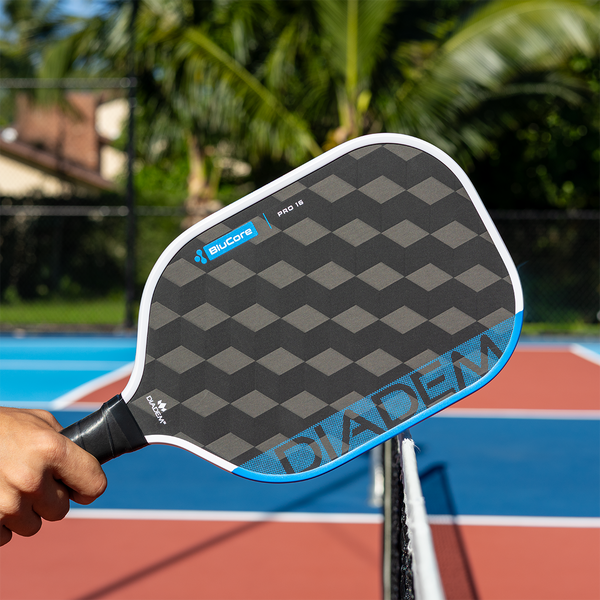How to choose the correct Badminton String
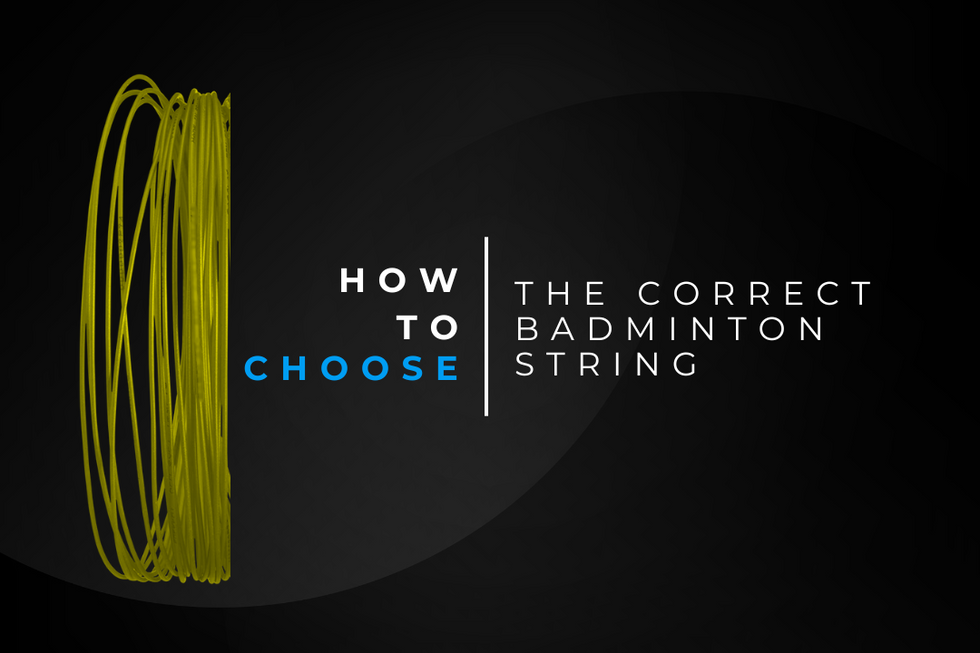
String Type
Badminton strings vary in thickness from 0.61mm to 0.74mm, a thinner string gauge will offer more control, whereas a thicker string will be more durable. Many of the Yonex rackets come pre-strug in Yonex BG-3 which is 0.74mm thick to offer durability from factory. More advanced players generally chose to use a thinner gauge string as they offer better repulsion and cleaner sound, but come at cost of the durability. Some strings (e.g. Ashaway Zymax 69 Fire, Yonex BG80) also come with a coating on which grips the shuttlecock more to offer more repulsion. Recently companies have started developing hybrid strings which offer a best of both worlds; they use a thicker string in the mains for better durability and a thin string in the crosses to provide control.
String Tension
Many people believe that the tighter the string tension, the more power can be generated, but this isn't true. Sometimes players have an ego competition of who has the tightest strings but this could be detrimental to the racket and the player. All rackets come with a recommended stringing range and if you string outside this range it increases the chance of the racket breaking and voids the warranty. As you increase the tension, this also increases the effort needed to produce the same amount of power as a lower tension, which can end up causing injuries. A tighter stringing tension also decreases the size of the sweet-spot, which may not be beneficial for club players who hit more off-centred shots.
Our suggested tensions are:
Recreational - 20-23lbs
Intermediate - 24-26lbs
Advanced - 27-30lbs
It is also worth noting that playing with plastic shuttlecocks degrades your strings faster than with a feather shuttlecock as you have to put in more effort to get the same amount power, so we suggest dropping the tension by 1-2lbs.
Our most popular strings are:
- Yonex Aerobite Hybrid for all-round playability
- Yonex BG 80 for power
- Ashaway Zymax 69 Fire for durability
- Yonex BG 66 Ultimax for control
It is important to try and keep a record of what string and tension you had, so you can work out which set up works best for you and the set up may not always feel the same if you change rackets. You shouldn't always wait for your strings to break, a good rule of thumb is however many times you play badminton a week, is how many times you should have your rackets restrung a year. For example, if you play three times a week, you should get your rackets restrung 3 times a year.
If you have any further questions about badminton restrings, then please get in contact with us via customerservice@pdhsports.com and we will happily talk through the available options.
